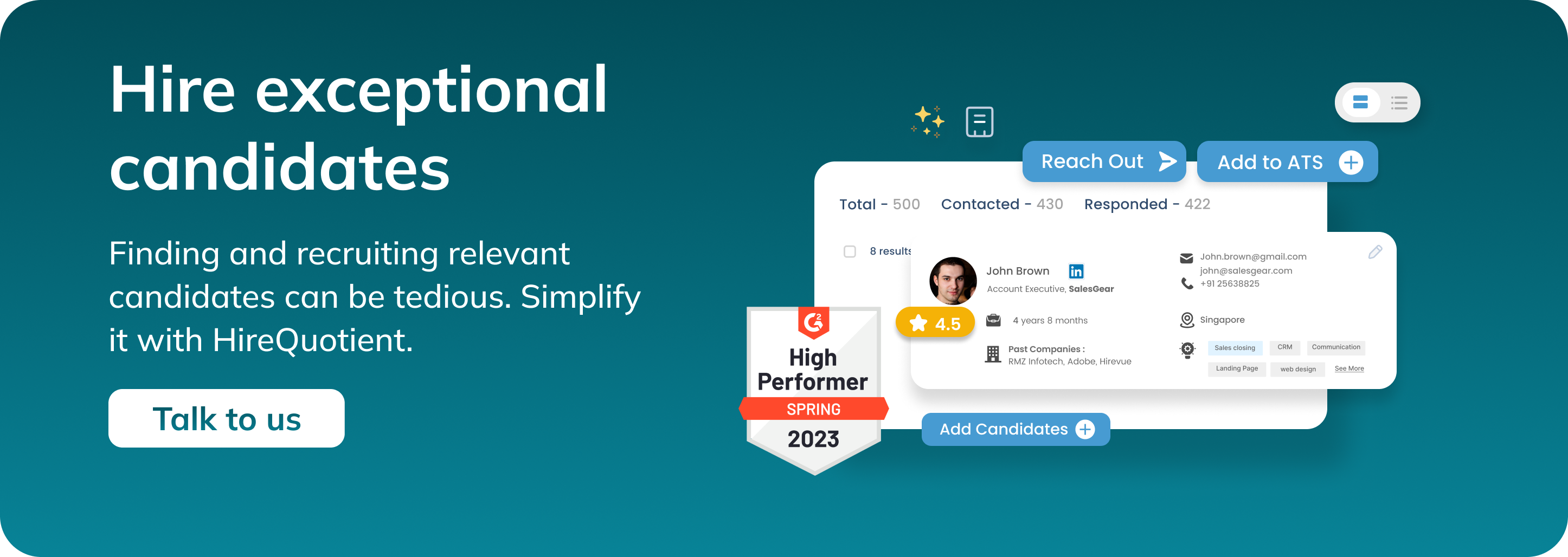What is an Underwriter?
An underwriter is a key member of the financial industry who plays a critical role in assessing and evaluating risk.
In an organizational context, an underwriter is an individual or department responsible for assessing and evaluating risks associated with insurance policies or financial transactions. Underwriters work primarily in insurance companies, investment banks, and lending institutions. Their role is crucial in determining the terms, conditions, and pricing of insurance policies or financial products.
Insurance Underwriters
Insurance underwriters assess the risks associated with insuring individuals, businesses, or assets. They evaluate insurance applications, analyze relevant data, and determine the level of risk involved in providing coverage. Based on their evaluation, underwriters decide whether to accept or reject an insurance application and establish the terms and premiums for the policy.
They consider various factors such as the applicant's age, health, occupation, claims history, and the potential for loss or damage. The goal is to strike a balance between providing coverage and managing risks to ensure the financial stability of the insurance company.
Also read: Insurance Underwriter Skill Test
Investment Bank Underwriters
In investment banking, underwriters play a critical role in facilitating the issuance of securities, such as stocks or bonds, on behalf of companies or government entities. Underwriters assess the risks and marketability of the securities and set the offering price.
They conduct due diligence to evaluate the financial health, market position, and prospects of the issuing entity. Based on their evaluation, underwriters determine the size and terms of the offering, and they may also decide how the securities will be distributed to investors. Once the securities are issued, underwriters may assume the responsibility of purchasing unsold shares to ensure the success of the offering.
Loan Underwriters
Loan underwriters evaluate the creditworthiness and risk associated with loan applications. They review financial statements, credit reports, and other relevant information to assess the borrower's ability to repay the loan. Underwriters analyze factors such as the borrower's income, assets, debt-to-income ratio, and credit history.
Based on their evaluation, they determine the loan amount, interest rate, repayment terms, and any conditions or collateral requirements. The goal is to minimize the lender's risk and ensure that loans are granted to borrowers who can repay them.
Underwriters play a critical role in managing risks for organizations. Their expertise in assessing risks, analyzing data, and making informed decisions helps organizations maintain a profitable and sustainable business model. Their work involves balancing the need to provide insurance coverage, issue securities, or grant loans while safeguarding the financial interests of the organization they represent.
How Can Underwriters Use Technology?
Just as underwriters play a critical role in assessing risks and making informed decisions, EasySource empowers recruiters to evaluate and select the best candidates with precision and efficiency.
In the realm of insurance underwriting, EasySource's candidate discovery module serves as a valuable tool for sourcing and screening potential hires. By swiftly identifying candidates who align with the organization's values and culture, EasySource enables insurance underwriters to build high-performing teams capable of managing risks effectively.
Similarly, in investment banking, where underwriters evaluate the risks associated with securities issuance, EasySource's persona-based screening module streamlines the identification of qualified candidates. By analyzing qualitative and quantitative data beyond job descriptions, EasySource ensures that recruiters engage only with candidates who possess the necessary skills and expertise to drive success.
Moreover, in loan underwriting, where assessing borrower creditworthiness is paramount, EasySource's candidate engagement module facilitates personalized outreach to potential hires. By crafting tailored messages that resonate with candidates, EasySource enhances engagement and increases the likelihood of securing top talent to mitigate lending risks effectively.
While EasySource offers unparalleled support in candidate sourcing and recruitment, it's essential to recognize its limitations. Just as underwriters must exercise judgment and expertise in their decision-making process, recruiters must complement EasySource's capabilities with human insight and judgment to ensure the best hiring outcomes.
EasySource's integration into the underwriting process underscores its value as a transformative tool for talent acquisition. By streamlining candidate sourcing, screening, and engagement, EasySource empowers underwriters to build robust teams capable of managing risks and driving organizational success.

